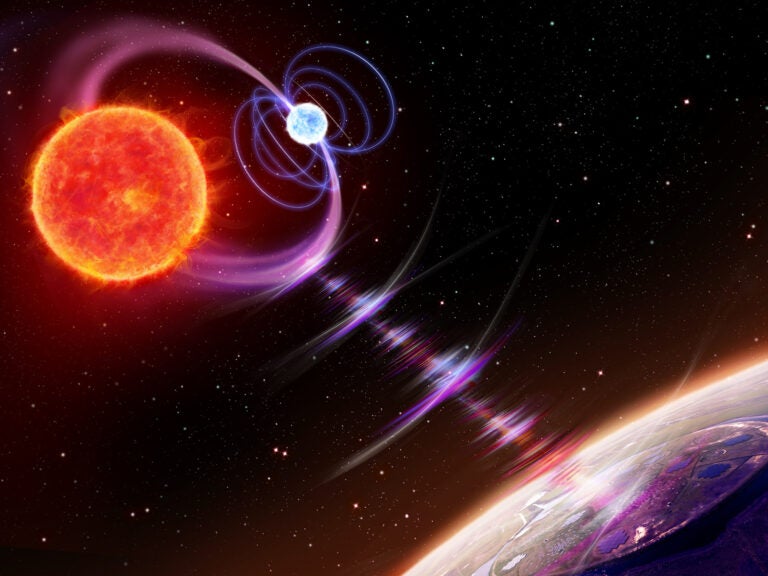Lynden-Bell contributed to many varied fields in astronomy, including stellar motions, galactic spiral structure, and quasars. His findings led him to propose that quasars’ immense luminosities are actually powered by the accretion disk of infalling matter spiraling into supermassive black holes. As matter in the disk clumps and rubs together, the friction generates emission across the electromagnetic spectrum. Lynden-Bell, as part of a group of astronomers known as the “Seven Samurai,” also contributed to the theory that a Great Attractor exists — a huge concentration of matter whose gravity is responsible for the observed motions of galaxies within our Local Group.
Donald Lynden-Bell is remembered not only for his brilliance and creativity, but also for his refusal to commit himself to one small, single portion of the astronomical field. While many researchers choose a specific area of concentration, Lynden-Bell made contributions far and wide, from telescope design and the motions of nearby stars to those distant quasars and the galaxies in which they reside. He studied astronomy at the University of Cambridge, where he also taught astrophysics and served as the first Director of the Institute of Astronomy. His other professional accomplishments include the co-receipt of the 2008 Kavli Prize for Astrophysics; he was also awarded the Karl Schwarzschild Medal, the Eddington Medal, the Gold Medal of the Royal Astronomical Society (where he also served as president from 1985-1987), and the American Astronomical Society’s Henry Norris Russell Lectureship. The minor planet 18235 Lynden-Bell is named for him.










